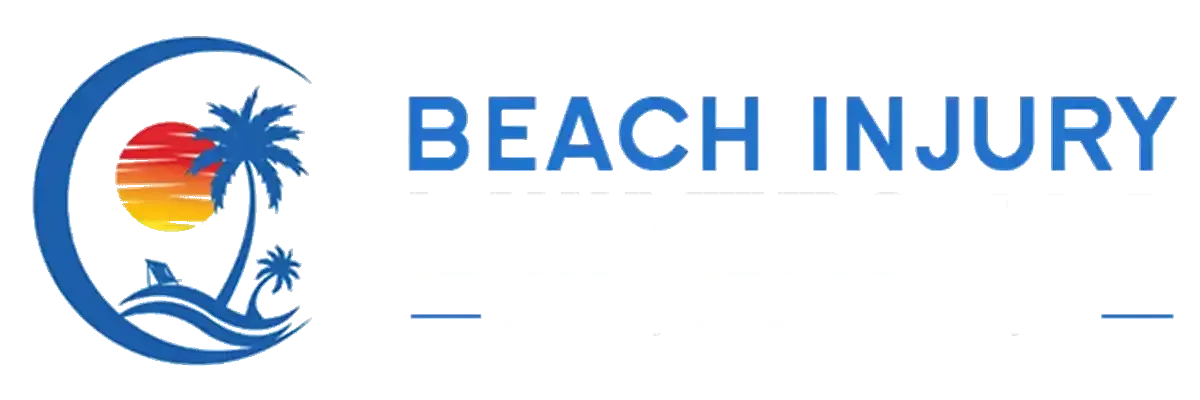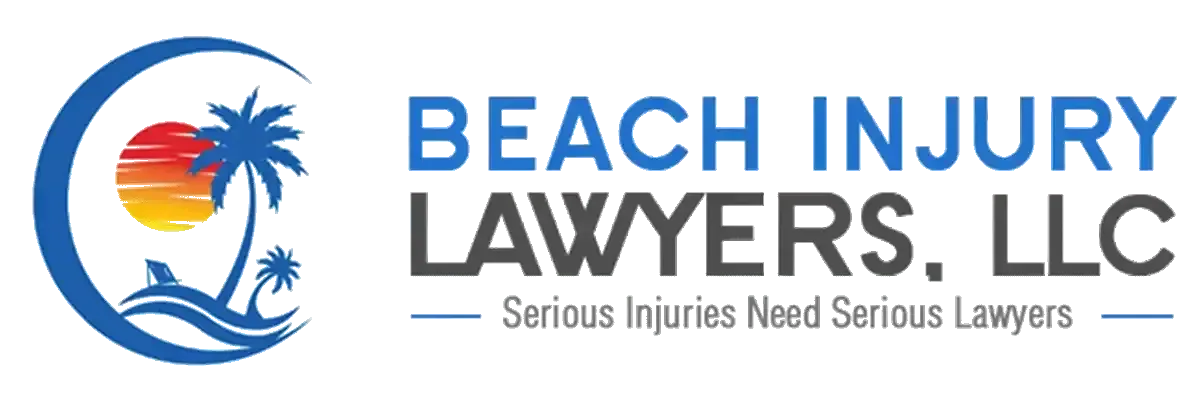Premises Liability
Holding property owners responsible for unsafe conditions on their premises
Premises Liability Attorneys In Myrtle Beach, South Carolina
What Is Premises Liability?
Premises liability is the legal term referring to the responsibility of property owners to keep their premises reasonably safe for customers or guests. This responsibility and protection extends to anyone legally on the property, such as an invited guest, employee, tenant or public spaces, such as a park or reserve. In the case of a business or commercial property, this responsibility falls on the owner or operator. However, for residential properties, the liability may fall on the landlord or homeowner.
If you or a loved one has been injured due to unsafe conditions on someone else's property, it’s crucial to seek legal representation to protect your rights.
Call Beach Injury Lawyers, LLC at 843-396-3111 to schedule a consultation with a lawyer today.
what is needed to bring a premises liability claim?
The general requirements are as follows:
- The property owner owed you a duty of care (you were lawfully on the property);
- A dangerous condition existed on the property;
- The property owner knew of or should have known of the dangerous condition;
- The property owner failed to take reasonable action to fix, address, or warn of the dangerous condition;
- You were injured as a result of the property owner’s failure to act; and
- Due to the injury, you suffered damages (medical bills, lost wages, pain and suffering, etc.)
Types of Premises Liability Cases
Premises liability includes negligent security injuries, elevator accidents, theme park ride injuries, waterpark injuries, swimming pool injuries, diving board accidents, dangerous chemicals, such as in a pool, bed bugs, defective equipment, deck collapses, standing water, ice (over time), and even umbrella injuries at the beach. While the list of types of premises liability cases is long, being injured on someone’s property is not enough to prove negligence or fault. You must show evidence that the owner knew or should have known about the dangerous condition on the property and, then, failed to warn or take appropriate actions to alleviate the danger.
Beach Injury Lawyers, LLC represent clients in premises liability cases, including those involving:
- Dog bites
- Slip and falls
- Elevator accidents
- Exposure to dangerous substances
- Falling objects
- Inadequate security
- Lead poisoning
- Retail store injuries
No Fees Unless We Win
Beach Injury Lawyers, LLC
will meet with you, at no cost, for a full consultation and evaluation of your case. If you hire us, you will pay no fees unless, and until you receive money in a settlement.
Call Beach Injury Lawyers, LLC
at 843-396-3111
today to speak to an attorney.

